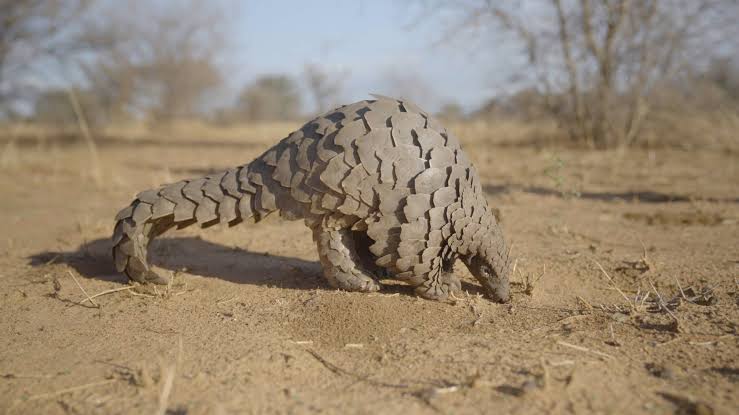In a historic move for Africa’s environmental future, Nigeria has passed a sweeping new wildlife protection law that could redefine the continent’s fight against illegal trade in endangered species.
The Endangered Species Conservation and Protection Bill, approved by the Senate on Tuesday, introduces some of the continent’s toughest penalties yet — including fines of up to ₦12 million ($8,200) and prison sentences of up to 10 years for anyone found guilty of trading ivory, pangolin scales, or other protected wildlife.
A Turning Point in the Global Trafficking Battle
For years, Nigeria has been identified as a key transit hub in the multibillion-dollar illegal wildlife trade, with organised crime networks smuggling over 30 tonnes of ivory since 2015 and more than half of the world’s pangolin scales between 2016 and 2019.
The new legislation represents a decisive step toward dismantling these networks and restoring accountability across borders.
“This is a huge win for Nigeria and a clear demonstration of our resolve to protect our biodiversity,” said Terseer Ugbor, the lawmaker who championed the bill.
“It sends a message that wildlife trafficking will no longer be tolerated — not in our markets, not in our ports, and not in our borders.”
Beyond Fines: A Modern Legal Framework
The bill does far more than tighten penalties. It modernises Nigeria’s outdated wildlife laws, replacing provisions that once allowed offenders to escape with mere three-month sentences or minimal fines of ₦100,000 ($68).
Under the new framework:
-
Customs officials now have expanded powers to trace illicit financial flows, inspect cargo, and detain ships or aircraft carrying banned wildlife.
-
Judges can fast-track trials, seize assets, and ensure that those convicted face meaningful consequences.
-
The law also prohibits habitat pollution and the consumption of endangered species, reinforcing Nigeria’s commitment to ecological preservation.
This reform aligns Nigeria with global environmental treaties and establishes the legal foundation for cross-border extradition of offenders — a first in the nation’s wildlife law history.
Global Applause and Urgent Next Steps
Environmental organisations have hailed the law as a milestone in Africa’s conservation efforts.
“For too long, traffickers have exploited Nigeria’s ports and porous borders to funnel endangered species from across the continent to Asia and Europe,” said Tunde Morakinyo, Executive Director of the Africa Nature Investors Foundation (ANI).
“With this bill, Nigeria is finally saying: enough.”
Conservationists are now calling for swift presidential assent before the UN Convention on International Trade in Endangered Species (CITES) summit in Uzbekistan this November — a move that could position Nigeria as a continental leader in environmental justice.
Protecting More Than Wildlife
Beyond enforcement, the bill carries deeper symbolism. It signals a national awakening to environmental stewardship, linking conservation to security, sustainability, and global reputation.
By addressing wildlife trafficking — a crime often intertwined with corruption, money laundering, and terrorism financing — Nigeria is asserting its role as a protector of both nature and national stability.
As the world turns its eyes toward Africa’s natural wealth, Nigeria’s bold stance may prove a defining chapter — one where a nation once seen as a transit hub becomes a guardian of its own wild heritage.

